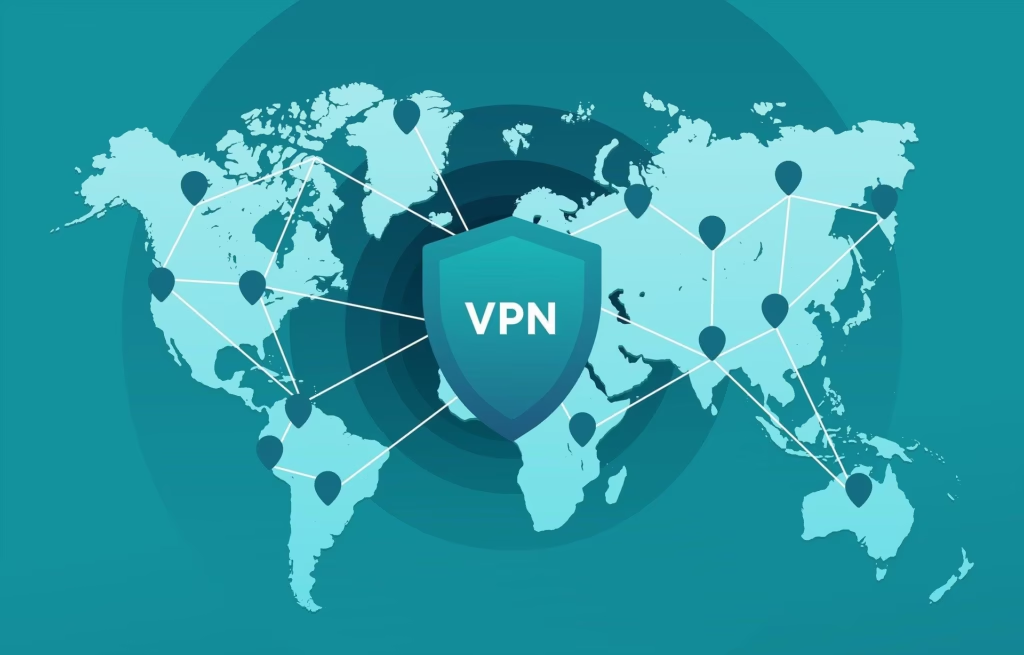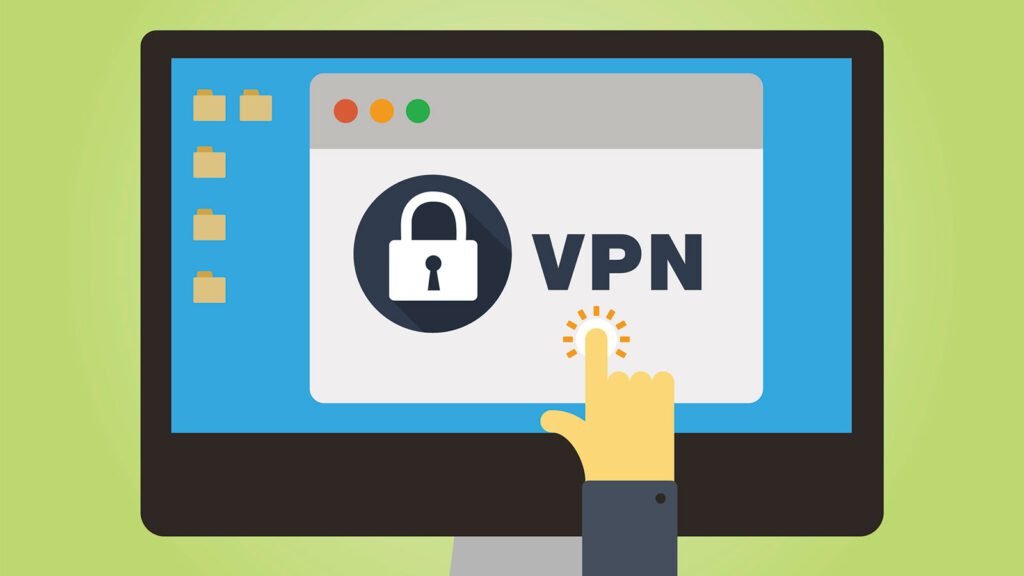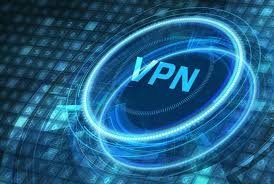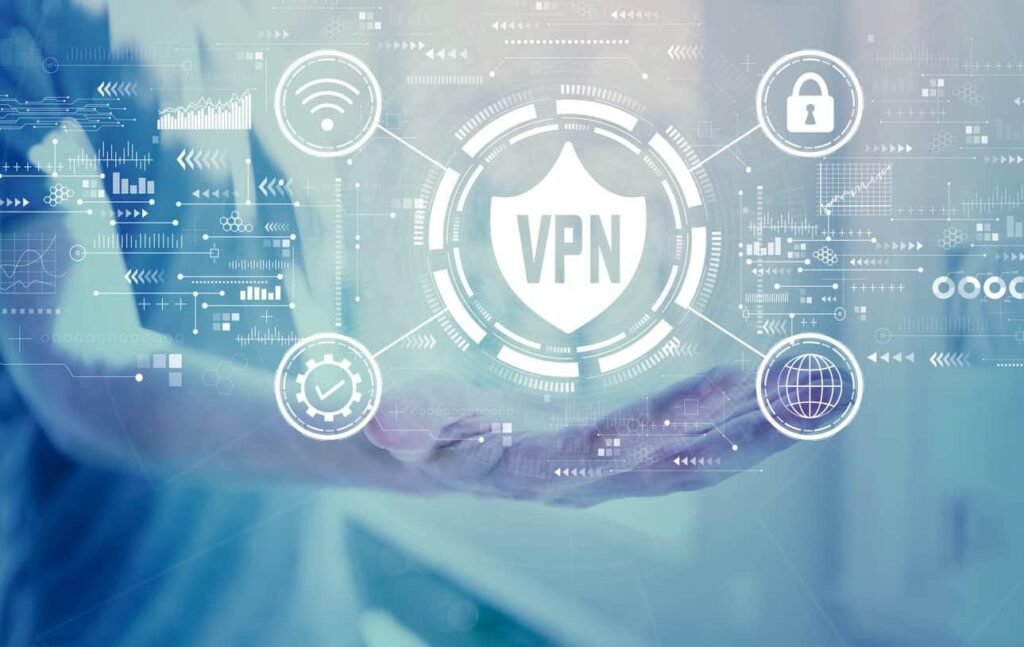Dubai is a city known for its glitz, glamour, and fast-paced digital growth. With social media influencers, entrepreneurs, and tech-savvy residents flooding the internet space, one question often pops up: is it legal to use a VPN in Dubai? If you’ve ever wondered about this while scrolling through your phone in a café on Sheikh Zayed Road or planning a Zoom call with loved ones abroad — you’re not alone.
Let’s demystify the rules, explore what’s allowed, what’s not, and how people in the UAE safely navigate VPN use without landing in hot water.
What Exactly is a VPN?
Before diving into the legal side of things, it’s important to understand what a VPN actually is. A Virtual Private Network (VPN) is a tool that lets users create a secure, encrypted connection to another network over the internet. It masks your IP address and makes your online activities more private, often making it look like you’re accessing the internet from a different location altogether.

People use VPNs for various reasons — to protect sensitive data, access work servers remotely, or stream content not available in their region. In many countries, VPNs are a common part of everyday online security. But in Dubai and the wider UAE, it’s a little more complicated.
Is It Completely Illegal to Use a VPN in Dubai?
Here’s where things get interesting. Using a VPN in the UAE isn’t outright illegal. The confusion usually arises because while VPN technology itself isn’t banned, the way you use it can be.

The UAE government allows VPN services, particularly for businesses and individuals who rely on encrypted connections for professional use, like banking or corporate communication. It’s when a VPN is used to access services or content that the UAE government has restricted that legal issues come into play.
For example, using a VPN to unblock VoIP services like WhatsApp calls, FaceTime, or certain media platforms is technically against UAE law — not because of the VPN itself, but because of what it’s being used for.

Why Are Certain Online Services Restricted in the UAE?
Dubai, like the rest of the UAE, has strict cyber laws designed to protect cultural values, national security, and public order. Some content and services are restricted for various reasons — from safeguarding moral values to controlling unregulated communications that might bypass official monitoring.
VoIP services (Voice over Internet Protocol), for instance, are often restricted because telecommunications are a major revenue source in the region. Licensed providers like Etisalat and Du offer their own approved internet calling services.
Certain websites, adult content, gambling platforms, and unlicensed streaming services are also blocked to align with the country’s regulations and values.
So, What Happens if You Use a VPN for the Wrong Reason?
If you’re caught using a VPN to access illegal content or bypass government-imposed restrictions, the penalties can be severe. UAE’s cybercrime laws state that anyone misusing a VPN for unlawful activity could face fines ranging from AED 500,000 to AED 2,000,000 — and in some cases, even imprisonment.
But it’s important to note that authorities typically focus on the illegal activity being committed, not the VPN use itself. If you’re using a VPN to access your office files, check your overseas bank account, or maintain personal online privacy, you’re generally in safe territory.

How Do People in Dubai Use VPNs Responsibly?
Plenty of expats and locals in Dubai use VPNs for perfectly legal and legitimate reasons every day. The key is to be mindful of what you’re accessing while connected to one.
For example:
- Accessing your personal or business email securely while traveling
- Using encrypted connections for confidential work documents
- Logging into international financial services to manage overseas accounts
- Protecting your personal data while using public Wi-Fi in malls, airports, or cafés
As long as the VPN isn’t used to engage in activities explicitly banned by UAE laws, it’s generally considered acceptable.
Are There Approved VPN Providers in Dubai?
While the government doesn’t publish an official list of “approved” VPN services, many international VPN providers operate in the UAE without issues — provided their services are used legally. Some major global companies also run their own private VPNs for secure employee communication and data protection.
It’s wise to choose a VPN with strong encryption, a clear privacy policy, and a solid reputation for data protection. This ensures you’re safeguarding your personal information and not inadvertently using a shady service that could land you in trouble.
Can Tourists Use VPNs in Dubai?
Yes, tourists can use VPNs in Dubai for legal purposes like protecting their personal data on public Wi-Fi or accessing their home country’s services (like online banking). Many visitors download VPN apps before arriving in the UAE, especially if they’re traveling for work or need to access private business accounts.
However, just like residents, tourists are subject to the same restrictions. Using a VPN to access banned content or services while on UAE soil can result in serious consequences, even for temporary visitors.
What About Streaming Services and VPN Use?
This is one of the grayest areas for VPN users in Dubai. Many people use VPNs to access international streaming platforms like Netflix, Hulu, Disney+, or BBC iPlayer to watch content from their home countries. Technically, this can breach the terms of service of those platforms and potentially local restrictions if certain content is banned.
While enforcement has been inconsistent, it’s a risk. If caught accessing restricted or culturally inappropriate content, penalties could apply.
The safest route is to stick to officially available streaming services in the UAE or use a VPN solely for personal privacy, business communication, and data protection.

The Role of Telecom Providers in Regulating VPNs
Etisalat and Du — the two primary telecom operators in the UAE — are responsible for blocking unauthorized content and services. They actively monitor internet traffic for illegal activities, including the misuse of VPNs.
It’s important to remember that while VPN technology itself is legal, its misuse is not, and telecom providers have the authority to block VPN traffic if it’s suspected of being used for unlawful activity.
Is the Law Changing Anytime Soon?
In recent years, there’s been growing international conversation about the digital rights of residents and tourists in the UAE, especially in a city as globally connected as Dubai. While the government has shown openness to evolving technology and embracing innovation, restrictions around certain services like VoIP calls remain firmly in place.
For now, there’s no official word on any relaxation of VPN or online service regulations. The existing laws remain in effect, and residents are advised to stay updated and practice digital responsibility.
Tips for Safe and Legal VPN Use in Dubai
If you’re planning to use a VPN in Dubai, here are some practical, safe, and legal tips:
- Use it for business and personal data protection only
- Avoid accessing banned websites, VoIP calls, or restricted content
- Choose a reputable VPN provider with a no-logs policy
- Be aware of the UAE’s Cybercrime Law and stay within its boundaries
- Consult your company’s IT team for approved VPN services if you’re visiting for work
By following these simple guidelines, you can enjoy the benefits of a secure and private online connection without stepping into legal trouble.

Final Thoughts
Dubai is a city of incredible opportunities, futuristic ambition, and strict laws designed to protect cultural and social values. While VPNs are a powerful tool for privacy and business communication, it’s essential to understand the local legal framework before using one.
The good news is, using a VPN in Dubai is legal — as long as it’s for lawful purposes. Stay smart, stay informed, and use digital tools responsibly to enjoy everything this dynamic city has to offer without worry.
Whether you’re a resident, a tourist, or a business traveler, having a clear understanding of how VPN laws work in Dubai ensures you can protect your personal data and privacy without risking hefty fines or legal complications.
After all, when you’re living or visiting one of the most exciting cities in the world, the last thing you want is digital uncertainty clouding your experience.
Do follow UAE Stories on Instagram













